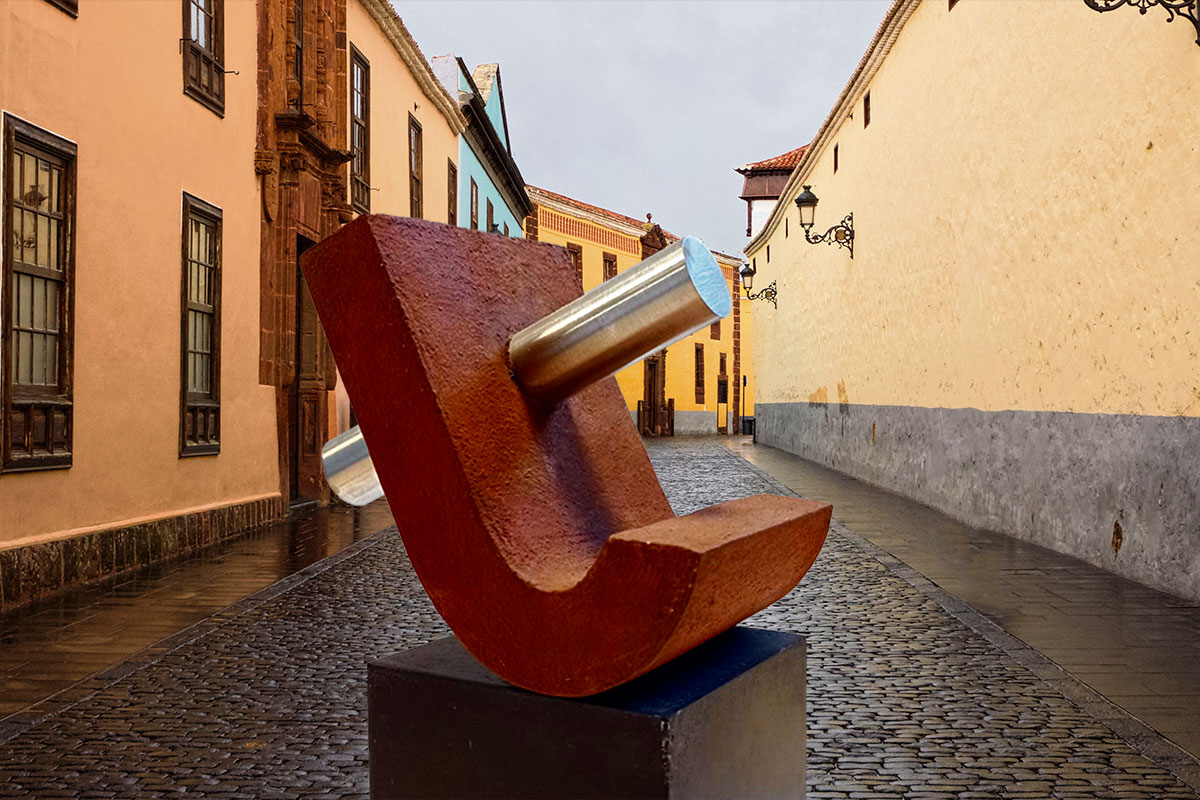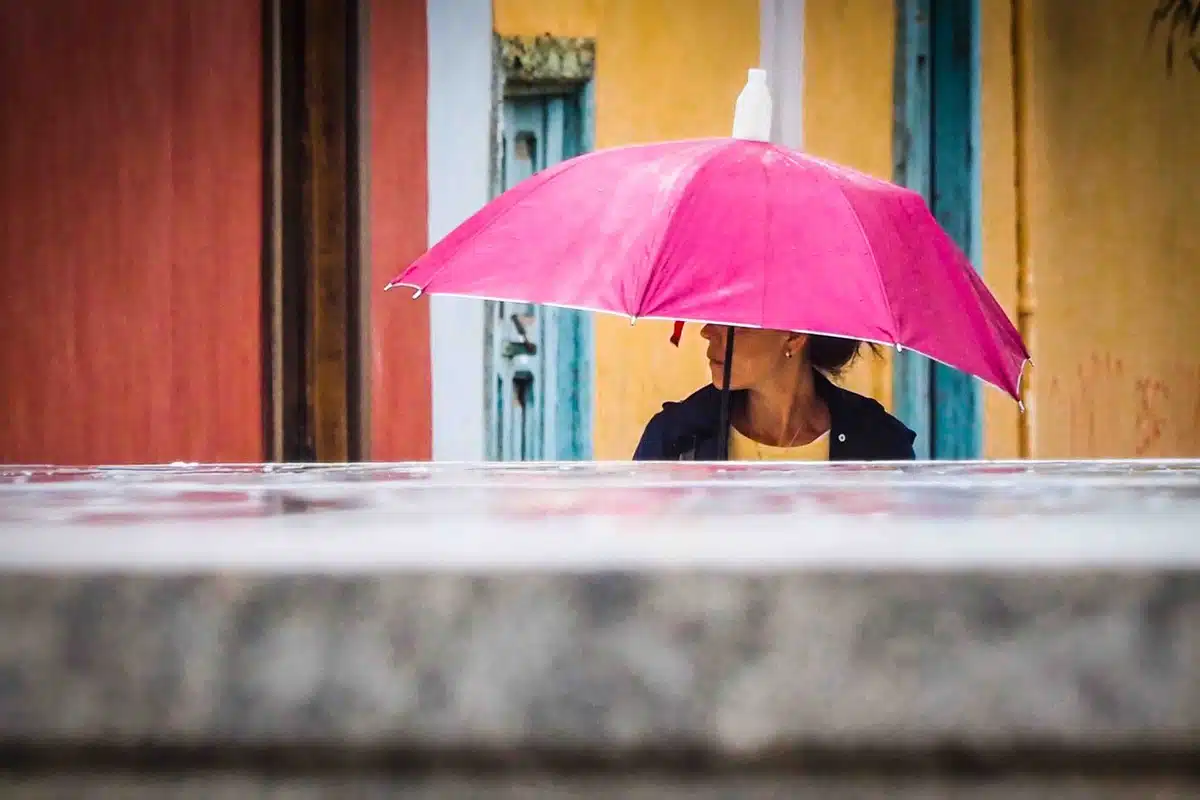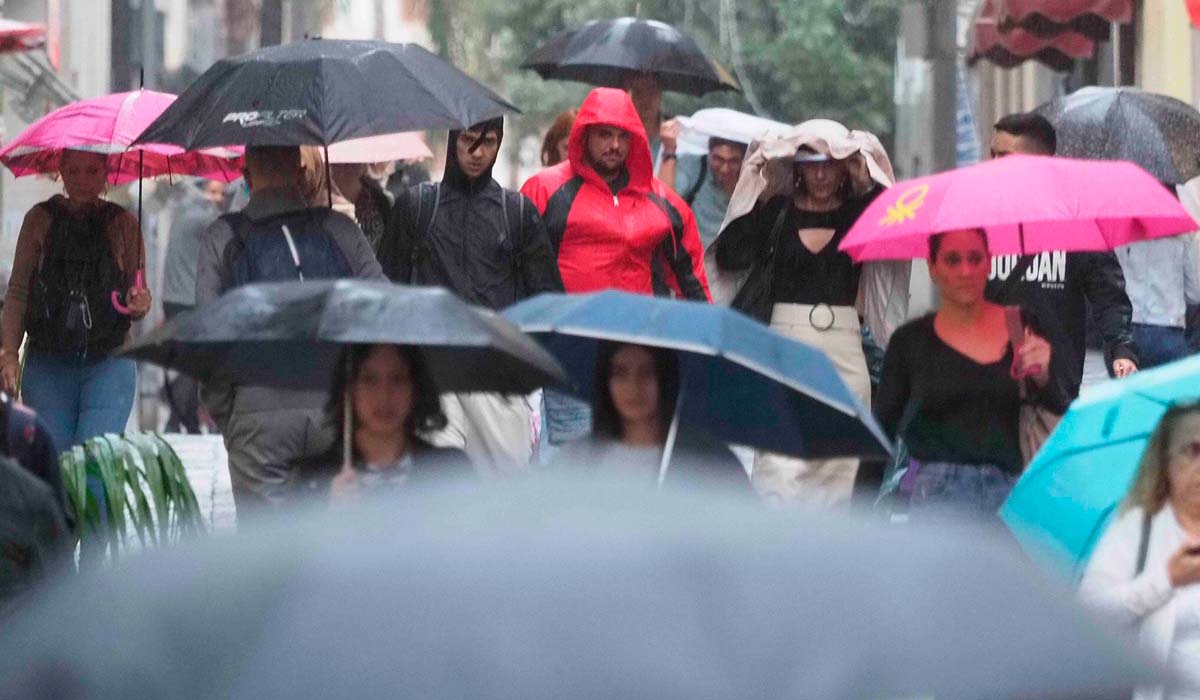The city of San Cristóbal de La Laguna will once again play host to a gathering of the most distinguished World Heritage Sites on 25 April, marking the third iteration of the prestigious Terra Awards. These awards, which have garnered international acclaim for their unique recognition of groundbreaking conservation efforts and enhancements to UNESCO-designated World Heritage Sites, shine a spotlight on the most innovative projects in the field.
The Terra Awards are founded on the principle of heightening public awareness and appreciation of the profound and transformative effects that these initiatives exert on our environment, culture, economy, and overall quality of life. They represent a shared commitment to accentuating the importance of world heritage in fostering and solidifying a flourishing, sustainable society.
This year’s eagerly anticipated event will see the accolades bestowed upon several notable recipients: Cartagena de Indias in Colombia, the Historic Centre of Cordoba in Spain, Notre-Dame Cathedral in Paris, France, the City of Edinburgh in Scotland, and the Portuguese music tradition of Fado.
These heritage sites have been instrumental in advancing the conservation and development of natural and cultural resources, driven by their commitment to innovation, sustainability, and cooperative efforts. Their achievements have served as an inspiration to individuals and organisations globally.
The awards ceremony is scheduled to occur at 20:00 on 25 April at the iconic Teatro Leal in San Cristóbal de La Laguna, itself a UNESCO World Heritage Site and the permanent venue for these international awards. The event will feature a musical performance by guitarist Marco del Castillo, accompanied by vocalist Montse García and percussionist Javier Rodríguez.
The Terra Awards are presented by the Diario de Avisos Foundation in partnership with UNESCO, with support from the San Cristóbal de La Laguna Town Hall and sponsors including Canarias.com, the Ayuntamiento de Adeje, ASSAP, ExpoMedia, and the Gobierno de Canarias.
Terra Award for the Emerging Challenges Initiative: City of Edinburgh (Scotland, Great Britain)
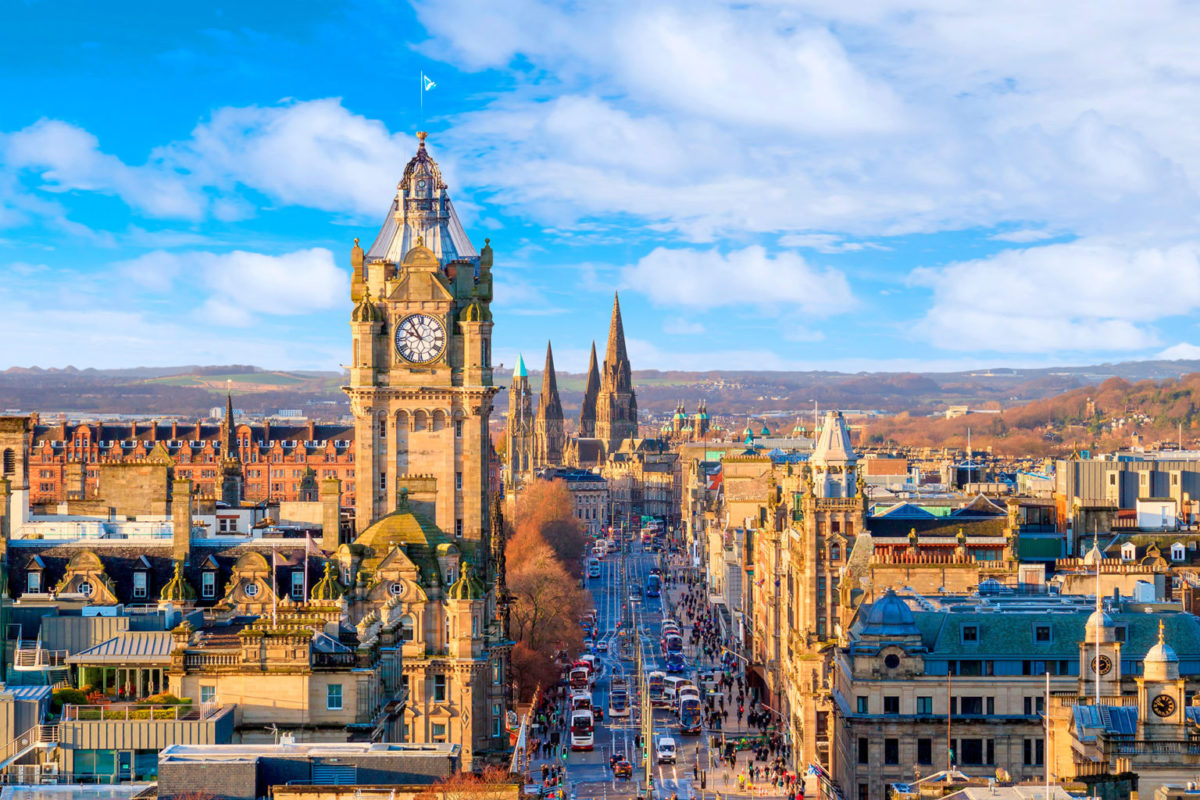
Edinburgh, the illustrious capital of Scotland, serves as a vivid tableau of majestic beauty and significant historical and cultural prominence. Since its designation as a UNESCO World Heritage Site in 1995, Edinburgh has functioned as both sanctuary and muse to a host of esteemed intellectuals, authors, and scientists.
From the shadowy, cobbled pathways of its storied Old Town to the grandeur of the stately New Town, adorned with its imposing Georgian architecture and verdant spaces, Edinburgh manifests its rich, millennia-spanning heritage.
Confronting modern dilemmas such as climate change and overtourism, Edinburgh has embraced a leading role in heritage preservation by integrating cutting-edge green technologies and sustainable practices. This forward-thinking approach secures a sustainable legacy for future generations.
Edinburgh has launched a suite of initiatives, including advancements in renewable energy, waste management systems, sustainable urban mobility solutions, and the promotion of responsible tourism, setting a global standard for urban conservation.
Moreover, the city continually celebrates its rich historical tapestry and vibrant cultural scene through world-renowned festivals and events, drawing international visitors. Edinburgh excels in blending its historical preservation efforts with contemporary, sustainable developments, ensuring its heritage remains vibrant for future generations.
Terra Innovation Award: Notre-Dame Cathedral (Paris, France)
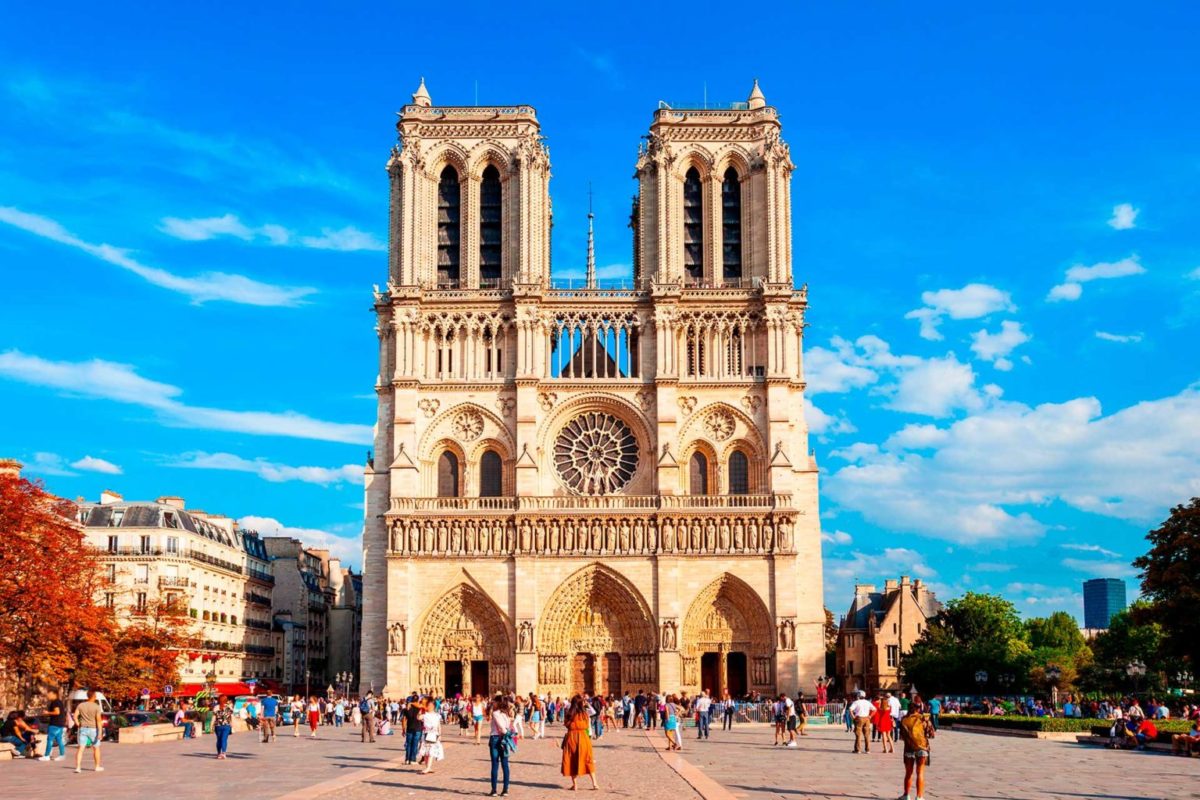
Notre-Dame Cathedral, a pinnacle of Gothic architecture and a UNESCO World Heritage Site since 1991, stands as a beacon of resilience and survival. Constructed between 1163 and 1345 in honour of the Virgin Mary, it ranks among the world’s largest and most venerable Gothic edifices.
Throughout its eight centuries, Notre-Dame has been a silent witness to pivotal historical events, including the coronations of notable figures like Napoleon Bonaparte and Henry VI of England, and the beatification of Joan of Arc.
Following the devastating fire of 15 April 2019, which captured global attention, the cathedral is undergoing an extensive restoration. Set to reopen in December 2024, this restoration not only aims to return the cathedral to its former glory but also to symbolise a new era in heritage conservation, marked by hope and renewal.
Terra Award for Tourism Initiative: Historic Centre of Cordoba (Spain)
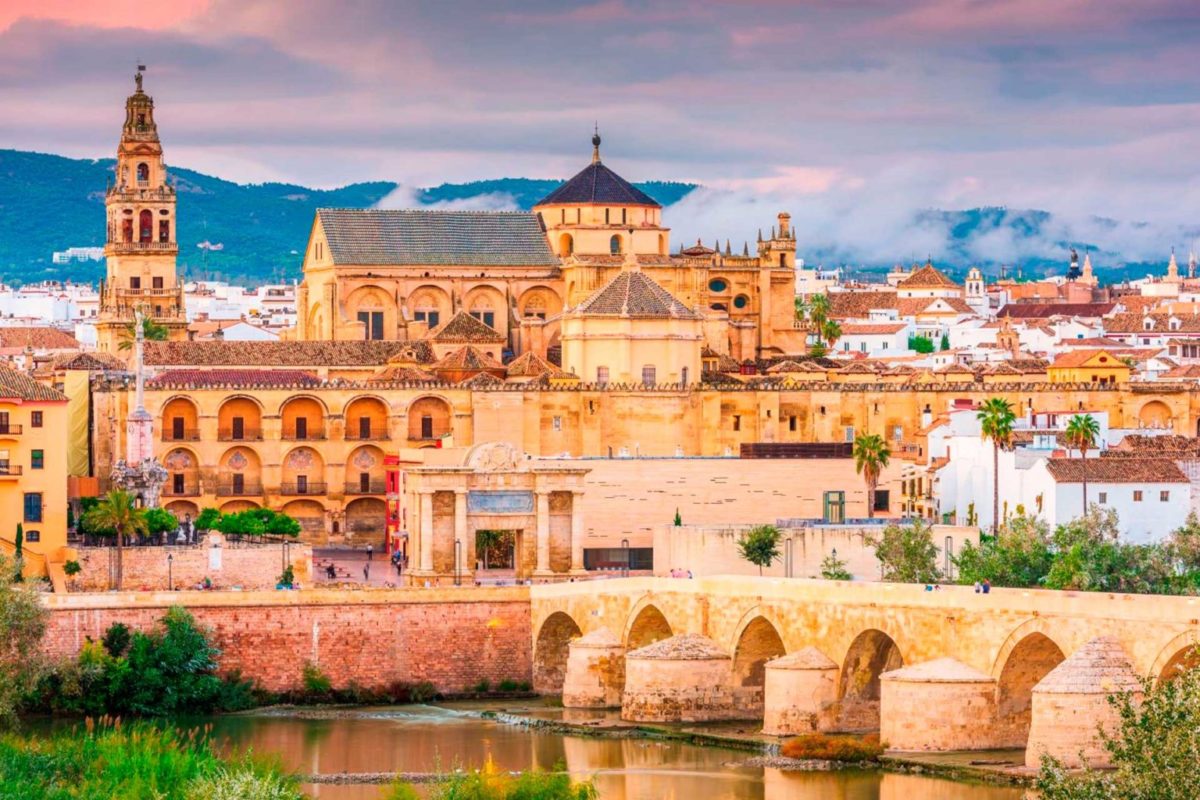
At the cultural crossroads of Andalusia lies Cordoba, a city where historical layers meld seamlessly with modern vibrancy. A UNESCO World Heritage Site since 1984, its historic centre is a labyrinth of narrow alleys, blooming courtyards, and monumental sites that narrate the interwoven tales of Roman, Muslim, Jewish, and Christian legacies.
Cordoba stands uniquely in the world with four UNESCO recognitions, showcasing its profound cultural confluence. This city not only safeguards its monumental heritage but also champions a model of sustainable and respectful tourism, offering a rich array of experiences that highlight both tradition and innovation.
This commitment has transformed every corner of Cordoba into a vibrant showcase of history and tradition, serving as a paragon for heritage preservation and sustainable tourism.
Terra Ciudad de La Laguna Conservation Award: Cartagena de Indias (Colombia)
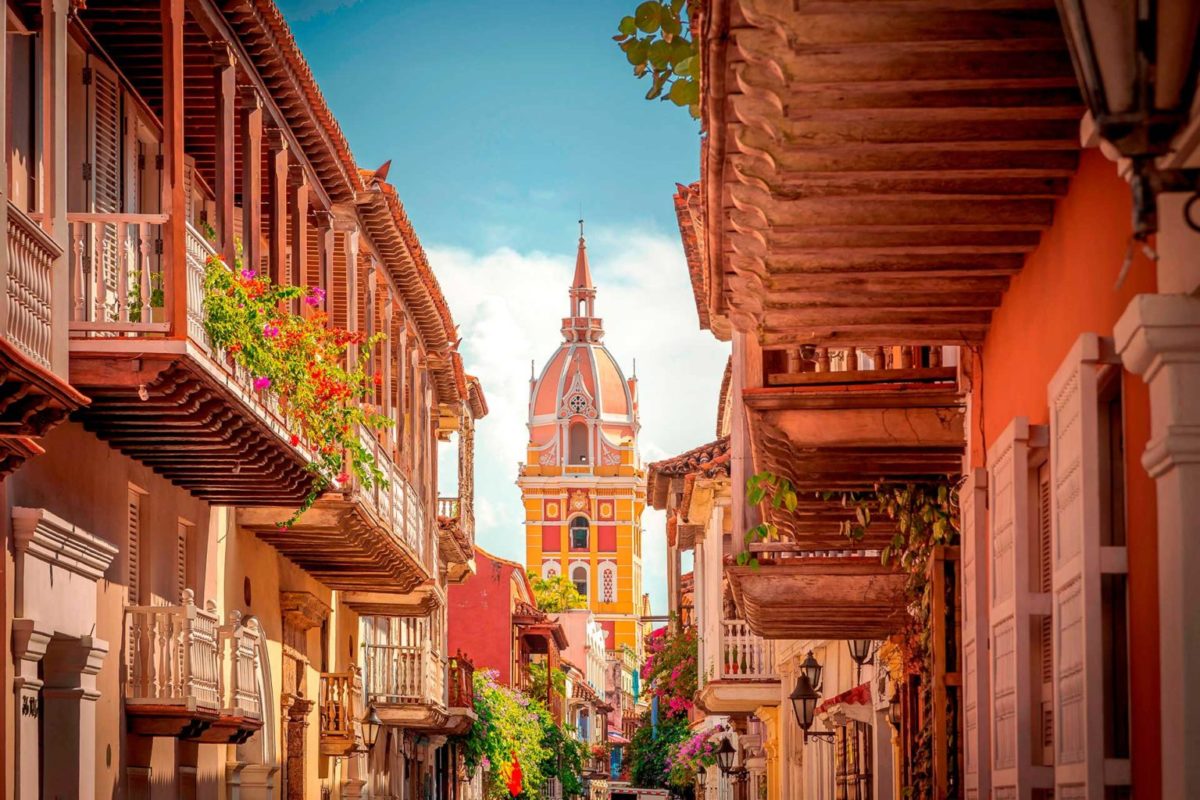
Cartagena de Indias, a historical jewel of the Caribbean, was founded in 1533 and is celebrated for its vibrant mix of cultures and colonial charm. Recognised as a UNESCO World Heritage Site in 1984, it features a plethora of colourful, cobblestone streets and quaint squares that echo tales of piracy and heroism.
The city’s colonial architecture, meticulously preserved, reflects its global significance and ongoing efforts to safeguard its cultural and historical integrity through various educational and community-driven initiatives.
Inspired by the innovative urban planning of San Cristóbal de La Laguna, Cartagena demonstrates a steadfast dedication to protecting its rich historical and natural resources, ensuring its architectural and environmental treasures continue to inspire globally.
Terra Prize for the Intangible Cultural Heritage of Humanity: Fado (Portugal)

Emerging from the quaint taverns and narrow streets of Lisbon, Fado encapsulates the soul of Portugal through its deeply emotional musical expressions. Recognised as an Intangible Cultural Heritage of Humanity by UNESCO in 2011, Fado articulates themes of melancholy, love, and saudade through the simple yet profound harmony of guitars and voices.
This musical style, rooted in the populous neighbourhoods of the 19th century, has become an integral part of Portuguese culture, preserved and evolved through the efforts of musicians, cultural institutions, and enthusiasts.
Fado not only preserves the rich traditions of Portuguese culture but also facilitates intercultural dialogue, connecting people globally through its universal themes and emotional depth, thus underscoring its exceptional value as a cultural heritage.




